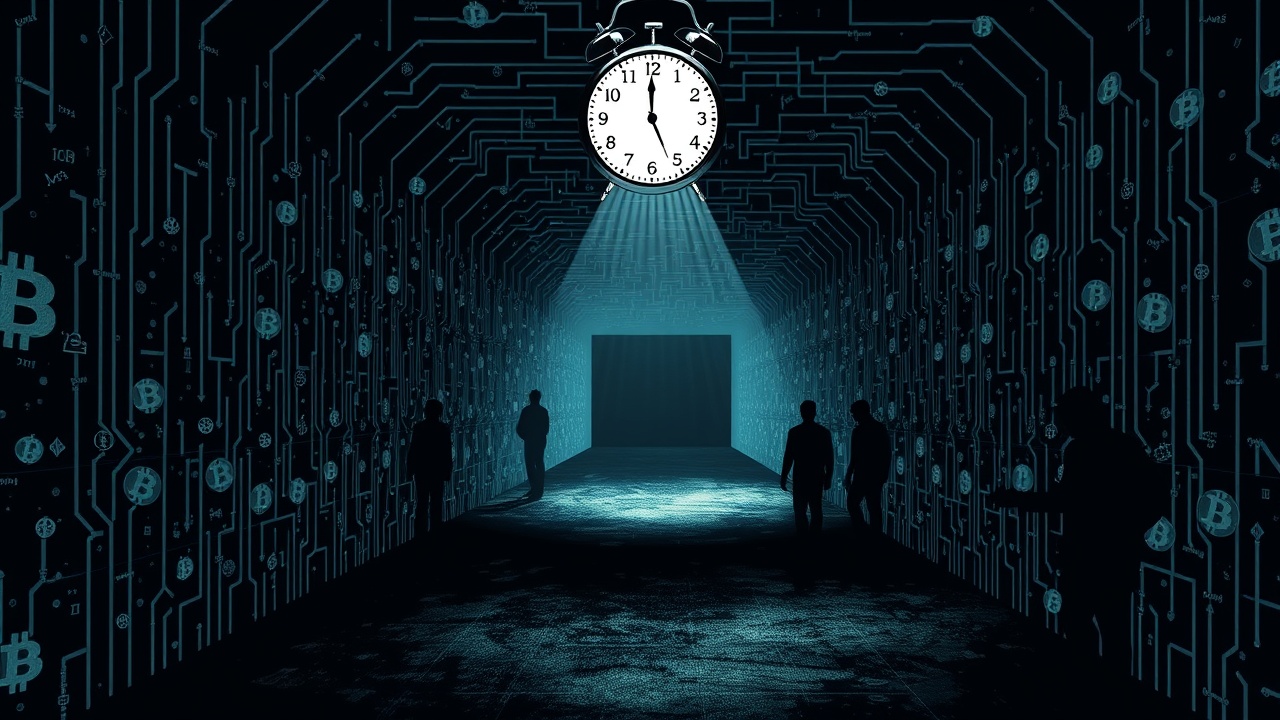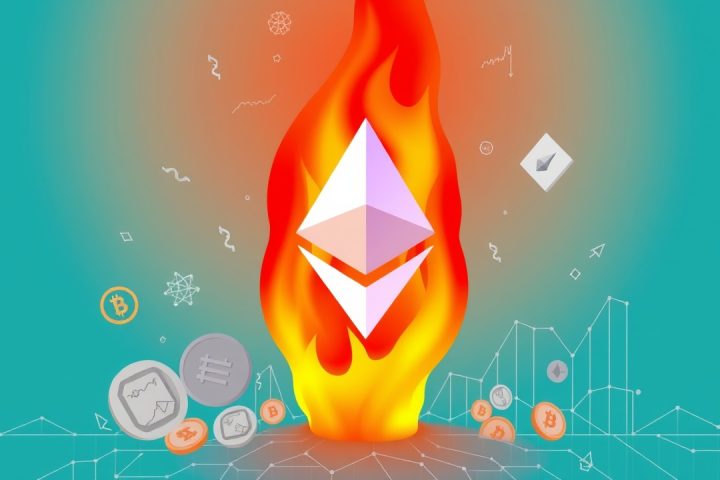The Bitcoin Network Controversy
The Bitcoin network, widely recognized for its resistance to censorship, is currently facing a significant controversy among its development community regarding a forthcoming update that could alter its data capacity limits. Central to this heated discussion is the proposed removal of a spam filter that currently restricts non-financial data to a mere 83 bytes per block. Critics of this change argue that it may pave the way for extremely harmful content, including child pornography, to be posted on the blockchain, potentially criminalizing Bitcoin in various jurisdictions.
Current Data Capacity and Proposed Changes
Data on the Bitcoin blockchain is verified and monitored by nodes, and each block can accommodate only a limited amount of non-monetary data through a script known as OP_RETURN. This restriction, described by some as a spam filter, is thought to maintain the network’s focus on financial transactions by preventing unnecessary data congestion. However, there is a faction within the Bitcoin developer community advocating for an increase in this limit to approximately 2 megabytes per block, arguing that this would eliminate arbitrary restrictions and enable diverse applications, from sharing media files to documentation.
Key Voices in the Debate
Peter Todd, a notable developer, has been at the forefront of the proposal to lift these limits, suggesting that the current constraints lead to a bloated blockchain filled with so-called forever unspent transaction outputs, which can adversely affect transaction speed.
Social Media and Personal Attacks
The debate has not only been technical but has also taken on a personal aspect, generating intense discussions on social media, where prominent developers such as Gloria Zhao faced harassment. Critics accuse the proponents of the update, particularly those affiliated with Bitcoin Core – the dominant node software in the ecosystem – of acting under the influence of external interests, including those tied to a zero-knowledge protocol that enables Ethereum-like functionalities on Bitcoin.
Concerns and Counterarguments
As the controversy mounts, Bitcoin Core is set to implement the proposed changes in October 2025, raising concerns that the network may become a repository for illicit content. Critics like Bitcoin Mechanic argue that while the idea of removing the spam filter has been part of discussions for years, the potential for harmful content to infiltrate Bitcoin’s immutable ledger represents a serious risk.
Supporters of the change counter that fears of rampant illegal content are unfounded, often pointing to other blockchain systems without similar restrictions. They argue that illicit materials have already surfaced on the blockchain in the past but that existing mechanisms help community members avoid interaction with such data.
Conclusion
Despite ongoing debates, the core issue remains: to what extent should Bitcoin embrace flexibility in data usage while simultaneously managing the risk of illegal content becoming an issue? As the software update approaches, the implications for Bitcoin’s future and its perceived legitimacy will continue to unfold, revealing how the community reconciles innovation with ethical considerations.




